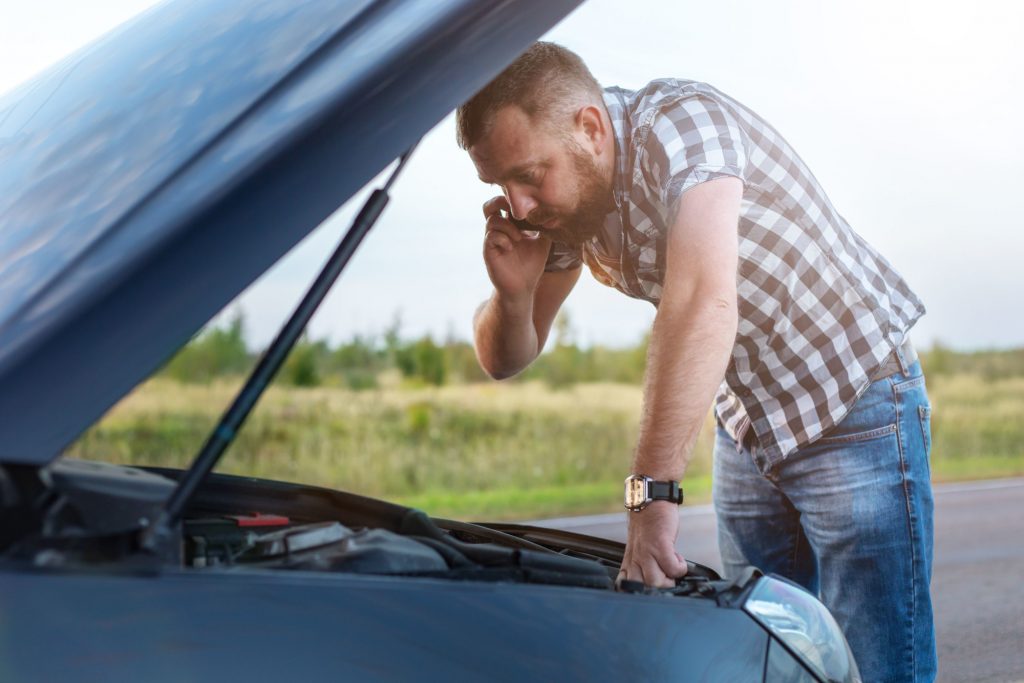After a car accident, it's important to assess the extent of the damage to the car in order to determine the necessary repairs and the overall impact on the car's value. In this article, we'll explore how to assess the extent of damage to a car after an accident and provide tips on what to look for and how to proceed.
- Check for visible damage: The first step in assessing the extent of damage to a car after an accident is to check for visible damage. This includes checking the exterior of the car for dents, scratches, and chips, as well as checking the interior of the car for any visible damage or broken features. Be sure to check all sides of the car, as well as the undercarriage, to ensure that all damage is identified.
- Test the car's systems: After an accident, it's important to test the car's systems to ensure that they are functioning properly. This includes testing the car's lights, signals, and horn, as well as checking the brakes, steering, and transmission. Any issues with these systems could indicate further damage to the car and should be addressed as soon as possible.
- Check for structural damage: Structural damage to the car, such as damage to the frame or suspension, can be difficult to identify without specialized equipment, but it can be especially concerning as it can impact the overall integrity of the car. If you suspect structural damage, it's important to have the car inspected by a mechanic or collision repair specialist.
- Consult with a mechanic or collision repair specialist: To fully assess the extent of damage to a car after an accident, it's a good idea to consult with a mechanic or collision repair specialist. These professionals can identify any hidden damage and can provide an estimate for the necessary repairs. It's important to get a few estimates to ensure that you are getting a fair price for the repairs.
- Consider the impact on the car's value: After an accident, it's important to consider the impact on the car's value. If the damage is extensive or the cost of repairs is high, it may not be worth it to invest in the repairs and the car may have a lower resale value. However, if the damage is minor and the cost of repairs is relatively low, it may be worth it to invest in the repairs and maintain the car's value.
- Check for damage to the car's electronics: After an accident, it's also important to check for damage to the car's electronics, such as the infotainment system, navigation system, and safety features. These systems can be expensive to repair or replace and can impact the car's value.
- Consider the cost of repairs: When assessing the extent of damage to a car after an accident, it's important to consider the cost of repairs. This includes the cost of parts, labor, and any additional fees or taxes. It's a good idea to get a few estimates to ensure that you are getting a fair price for the repairs.
- Determine whether the car is safe to drive: After an accident, it's important to determine whether the car is safe to drive. If the car is not safe to drive, it may need to be towed to a repair shop or storage facility. If the car is safe to drive, it's important to follow any recommendations from the mechanic or collision repair specialist for driving the car safely until the repairs can be made.
- Consider the car's insurance coverage: After an accident, it's important to consider the car's insurance coverage. If the car is insured, the insurance company may cover some or all of the costs of the repairs. It's a good idea to review the insurance policy and consult with the insurance company to determine the coverage and any exclusions that may apply.
Overall, assessing the extent of damage to a car after an accident is crucial in order to determine the necessary repairs and the overall impact on the car's value. By checking for visible damage, testing the car's systems, checking for structural damage, consulting with a mechanic or collision repair specialist, and considering the impact on the car's value, you can properly assess the extent of damage to the car and make informed decisions about how to proceed.


